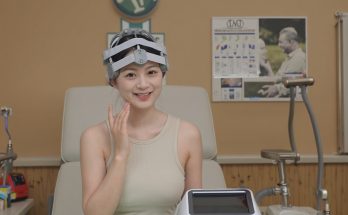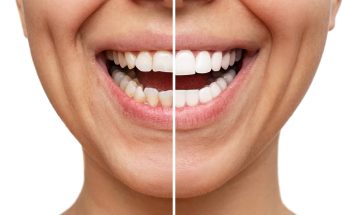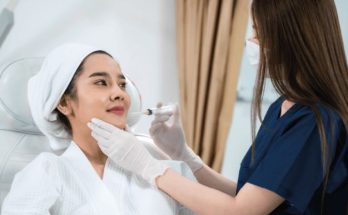Hormones secreted by the endocrine system control your body’s functions. Over time, hormone production declines in both men and women. For women, a hormone decline is usually a sign of impending menopause. The declining hormonal levels cause you to feel run down and decrease your sexual drive. Luckily, you do not have to live with reduced hormone levels. If you are struggling with declining hormone levels, hormone replacement therapy Plano experts can help you reverse the declining hormone levels. Hormone replacement therapy, or HRT as it is colloquially known, aids in the restoration of your hormones to their optimal levels.
If there’s something awry in your body and it is not an injury or sickness, the likely culprit may be your hormones. Here’s how to tell if you need HRT:
1. Mood swings
Frequent, sudden shifts in your mood are largely due to declining hormone levels. As you age, especially for women in menopause, dwindling estrogen and progesterone levels cause fluctuating moods. Next time you feel grumpy, consider visiting an HRT expert. Mood swings can range from modest to extreme bipolar.
2. Low sex drive
Decreased hormones lower libido. In women, the declining levels cause vaginal dryness and thin the vaginal walls, resulting in painful sex. Vaginal dryness may also make you susceptible to opportunistic diseases. It is advisable for women approaching menopause to get HRT earlier on to reduce the symptoms of menopause, including vaginal dryness. For men, low testosterone levels cause a decline in energy and can cause erectile dysfunction.
3. Unexplainable weight gain
Maintaining weight as you age is tricky. Generally, women gain weight during the transition to menopause. A decline in estrogen, thyroid, adrenal, progesterone, and other hormones that control cellular activity reduces the ability to process food into energy. Some of it is stored as fats in your fat cells. Weight gain is also accompanied by loss of muscle mass which is more pronounced in men.
4. Unexplainable fatigue
Occasionally, you may feel tired even after resting well or having a less tiring day. Hormonal activity affects your sleep cycle. With reduced hormone levels, your sleep quality also declines as your energy levels. You may have hot flashes (for women) and excessive sweating at night. The interrupted sleep, coupled with lower energy levels, causes fatigue. Now that you know unexplainable fatigue has a background, you can seek HRT to impart better sleep and improve your energy levels.
5. Chronic Insomnia
Having trouble falling asleep? Chronic insomnia increases feelings of anxiety and causes mood swings and fatigue during the day. Lower-than-usual hormone levels disrupt the sleep cycle, which has negative effects. Lack of quality sleep may also cause cardiovascular diseases, impair concentration, and detract from the quality of life. If you have trouble staying asleep or falling asleep because of declining hormone levels, HRT may be the solution you need.
Usually, declining hormone levels signal the onset of menopause and andropause. Signs of hormonal imbalance may manifest early on or later in life. However, early on, you can spot some signs, such as unexplainable fatigue and mood swings. If you notice any of the above signs, visiting a hormone specialist is your best bet. At the Riegel Center, you will get an accurate diagnosis, which is the basis for getting the right type of hormone replacement therapy treatment. HRT treatments range from pills and estrogen patches to creams and vaginal coils. Consult a hormone specialist before choosing a treatment plan that feels right to you.




